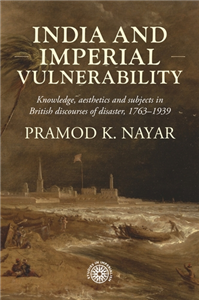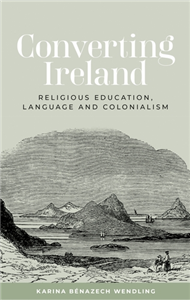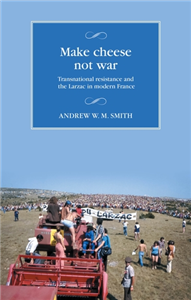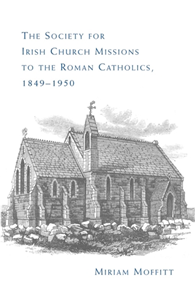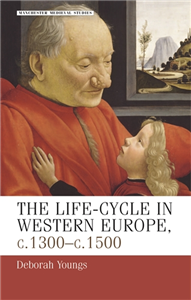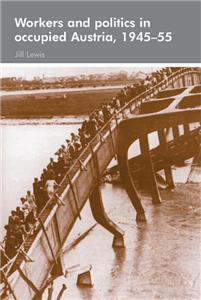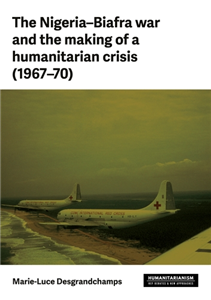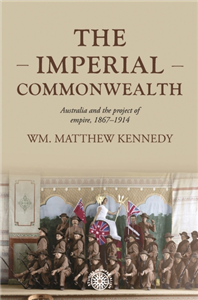Families International
It began when I left Ghana to study in Marburg, Germany. I entered a classroom of children with developmental concerns and instantly fell in love with them–the passion continues. I’m an indie professional author-publisher of Christian, academic and children’s books. Founder of Families International, Ottawa, Canada. An organization for all families, especially those who have children with developmental concerns. Our vision is to empower these families to believe in and help themselves, and their children. Be passionate partners of their children’s educational systems and working resiliently with special pedagogic and medical teams to support their children to achieve their full potential. We value every child and believe disabilities don’t mean inabilities. These children have educational assets exemplified by my newly released children’s books–Mommie, Snoopy Mr. Crab and Jumbolino The Dancing Clown. Inspired and created from my international work with these children and their families.
View Rights Portal




